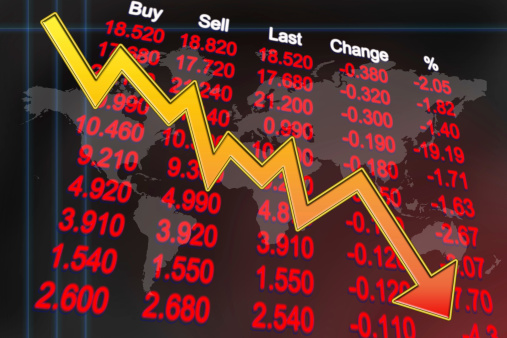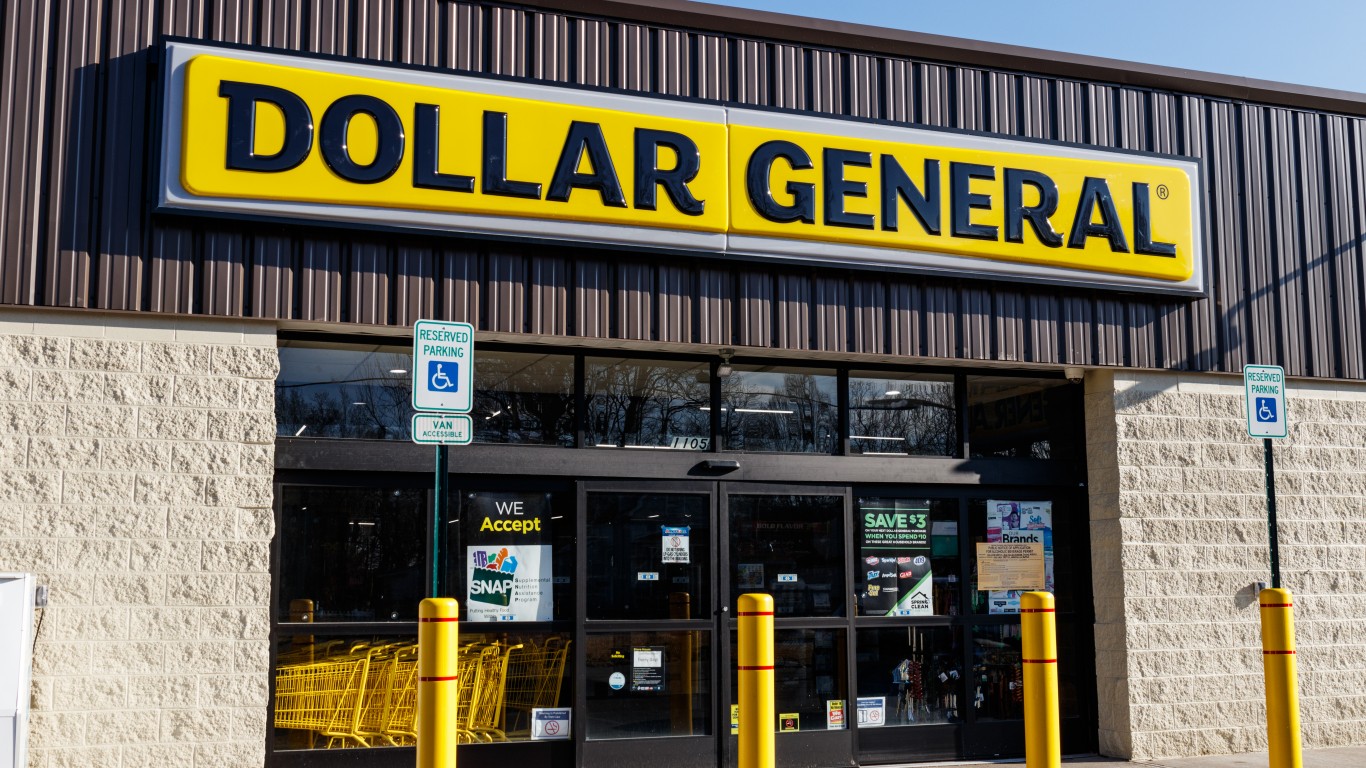
Dumpster diving can be a lucrative pastime. One man’s trash is another’s treasure. That holds true in investing, too, but the risks are also the same: you might find a nugget of gold, but you can also end up hoarding a lot of junk. Oftentimes, cheap stocks are cheap for a reason.
Yet not always. Stocks that have been tossed into the trash even though their long-term prospects remain intact are where you can perfectly implement the time-tested adage of buying low and selling high. But when the stock market is near its record high, simply being contrarian isn’t enough. Investors need to be extremely selective about the discarded dreck they are wading through.
The three stocks below just hit new 52-week lows. Let’s dig into them to see whether they are really hidden gems or were rightly cast aside by the market because they need to be put out at the curb for hauling away.
Key Points About This Article:
- Stocks hitting 52-week lows are a good place to look for deeply discount stocks to buy, but caution is need because cheap stocks are often cheap for a reason.
- The three stocks below recently hit new lows, yet performing your due diligence is essential to separating the wheat from the chaff.
- If you’re looking for some stocks with huge potential, make sure to grab a free copy of our brand-new “The Next NVIDIA” report. It features a software stock we’re confident has 10X potential.
Advance Auto Parts (AAP)

Aftermarket auto parts retailer Advance Auto Parts (NYSE:AAP) had already been sliding lower for much of the year but its recent second quarter earnings report caused the bottom to drop out of the stock. AAP shares lost a quarter of their value following the financial news and are down 80% from their all-time high in 2021. In fact, the retailer’s stock hasn’t traded this low since 2010.
Sales of $2.7 billion were flat compared to the year-ago period as comparable store sales barely inched 0.4% higher. Gross profits fell 2.3% leading to margin erosion and an outflow of $4.6 million in free cash flow.
The company is in the midst of yet another turnaround attempt as it tries to finally get past the acquisitions of Carquest and Worldpac that it made a year ago. Advance Auto just announced it is finally selling off the wholesale parts distributor Worldpac to Carlyle Group for $1.5 billion.
That should help it improve its operating performance that caused it to lose significant market share to the competition. But until Advance Auto Parts can prove its turnaround is gaining traction, investors should avoid its stock.
Dollar General (DG)

Deep discount chain Dollar General (NYSE:DG) also just reported an ill-received earnings report that sent shares lower. The retailer’s stock lost one-third of its value in one day. While much of Dollar General’s woes are tied to a dramatically weakened low-income customer — management estimates 60% of its sales come from shoppers with a household income of less than $35,000 — there doesn’t appear much hope for a turnaround unless the economy springs back into action.
Dollar General had benefited greatly from pandemic-era stimulus spending, but the resulting inflation eventually eroded consumer spending power.
While sales were up 4% to $10.2 billion, comps were essentially flat and earnings per share dove 20% year-over-year to $1.70 per share. Management cut its full-year outlook as a result and now expects EPS of $5.60 to $6.20 per share compared to its previous guidance of $6.80 to $7.55 per share.
As Dollar General has increased its assortment of goods, including fresh produce, to attract more customers, it has also expanded its competition. It now vies for customers with Walmart (NYSE:WMT), Target (NYSE:TGT), and other mass merchandise discounters. There is a place and need for deep discounters like DG, but the stock may not have reached a sufficient low yet.
Ginkgo Bioworks (DNA)

Investing guru Cathie Wood fell out of love with Ginkgo Bioworks (NYSE:DNA). After amassing nearly 190 million shares of the biotech, the Ark Invest founder dumped 99% of her holdings, which itself led to a selloff in the stock. But Ginkgo Bioworks has been on a downward trend all year long and the stock has lost 90% of its value in 2024.
The biotech seeks to alter the genetic makeup of molecules for use in food and chemicals. Ginkgo notes that once a cell is reprogrammed, it can replicate itself and grow exponentially. But not too many people are ready yet for a future of lab-engineered food.
Second-quarter sales fell 30% to $36 million as Ginkgo wound down its biosecurity business and its cell engineering unit saw a 20% drop in sales to early-stage customers.
The biotech effected a 40-for-1 reverse stock split recently to boost the price of its shares, but it hasn’t kept them from heading lower. With falling sales, widening losses, and few prospects for growth, Gingko Bioworks is yet another stock at a 52-week low that probably hasn’t found a bottom yet.
Thank you for reading! Have some feedback for us?
Contact the 24/7 Wall St. editorial team.





